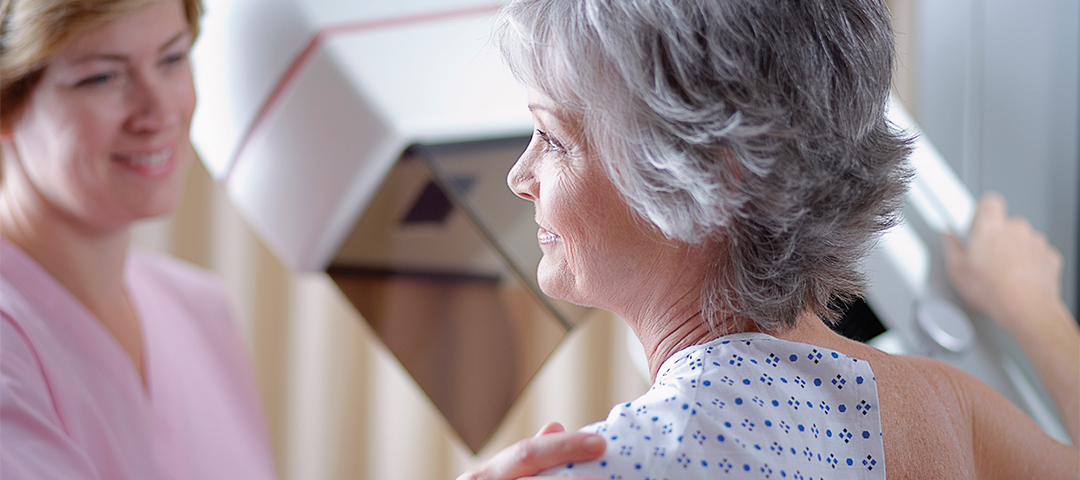
A recent analysis of more than 220,000 mammograms published recently in JAMA Oncology found that breast density, along with the risk of breast cancer, doesn’t disappear with age.
While it is widely agreed that the prevalence of breast density decreases with age, the study found that 30-32% of women in their 70s have dense breasts, which is a major risk factor for breast cancer. Another risk factor is age itself, as our bodies are less capable of repairing genetic damage as we get older.
The United States Preventive Services Task Force has not changed their recommendations (which call for biennial screening mammography for women aged 50-74) despite the fact that 43 % of DCIS cases and 49% of invasive cases are diagnosed in women outside of this age range. In fact, more than one-fourth of all newly diagnosed cases and 48% of breast cancer deaths occur in women over 70 years of age according to the American Cancer Society.
Many healthcare providers believe that women over 75 should weigh several factors, including breast cancer risk and life expectancy, when contemplating continued mammographic screening. I suppose that’s fair, although most women with breast cancer have no family history. Also, how many women in their 70s really know their life expectancy?
In 2018, the average life expectancy for American women was 78.54 years… although like most “averages” this doesn’t tell the complete story. For example, the average life expectancy for Asian-Americans is 86.5 years. For Latinas, it’s 82.8 years. Caucasian women average 78.9 years and African-American women average 74.6 years.
What’s more, once a woman reaches age 70, her life expectancy increases to 87.6 years. Therefore, in reality, a 70 year-old woman will likely have about 18 additional years of life. Unless she knows otherwise, the continuation of breast screening seems prudent.
Researchers at the Elizabeth Wende Breast Care center in Rochester, NY have confirmed this. The results of 76,885 screening mammograms performed on women 75 years of age and older yielded 616 breast cancers diagnosed. 82% of these cancers were invasive. 63% were grade 2 or grade 3. And 98% of the cancers were treated with surgery.
Only 7% of the cancers had metastasized, indicating that the vast majority of these older women survived the disease. According to Dr. Stamatia V. Destounis, the radiologist at Wende Breast Care who presented study, “Our findings provide important data demonstrating that there is value in screening women over 75 because there is a considerable incidence of breast cancer.”
She added, “The benefits of screening yearly after age 75 continue to outweigh any minimal risk of additional diagnostic testing.” Perhaps this remark was aimed at her colleagues who still continue to think that the small amount of radiation from annual mammograms causes cancer.
Off all the associations, non-profits and advocacy groups with an opinion or guideline about breast cancer screening, the recommendation from Breastcancer.org seems to be the most logical: That all women should have mammograms as long as they are in good health and would want the breast cancer treated if it were detected.
–Jim Koehler
